The Romanian Red Cross on Wednesday informed the development of a national network of over 1,900 people trained to provide immediate psychological support in emergencies - from natural disasters to forced migrations and armed conflicts.
According to a press release sent to AGERPRES on Wednesday, this capacity, which was built over the past three years, includes volunteers, medical staff, social workers, teachers and other professionals prepared to intervene quickly where psychological trauma risks leaving deep scars.
Over 80,000 Ukrainian refugees have benefited from emergency psychological support provided by trained personnel of the Romanian Red Cross, amid the intensification of the armed conflict at the Romanian border, the organization reports.
"We provided psychological first aid through a call centre in health promotion centres, in social shops, wherever needed. Starting this year, we are ready to provide these services to people in Romania in need in five counties in the country - Iasi, Salaj, Satu-Mare, Brasov, Constanta - and in Bucharest. Our system can provide psychological first aid services, psychosocial support in the community, individual and group counseling, referral to specialized services," said Andreea Furtuna, programme director at the Romanian Red Cross.
The "#EU4Health" programme, which allowed the construction of this network of people trained in providing psychological first aid, was funded by the European Commission, which invested one million euros in Romania to promote mental health.
In June 2022, with the support of the programme, the International Federation of Red Cross and Red Crescent Societies (IFRC) and the International Reference Centre for Mental Health and Psychosocial Support (MHPSS Hub) of the Red Cross and Red Crescent Movement (RCRC) launched the project "Providing quality and timely psychological first aid to people affected by the crisis in Ukraine."
"This European Commission project, implemented in 28 National Red Cross Societies, represents one of the largest responses to mental health challenges implemented by the Red Cross Movement. We want to normalize the idea that asking for help is something natural," said Adrian
Halpert, director general of the Romanian Red Cross.

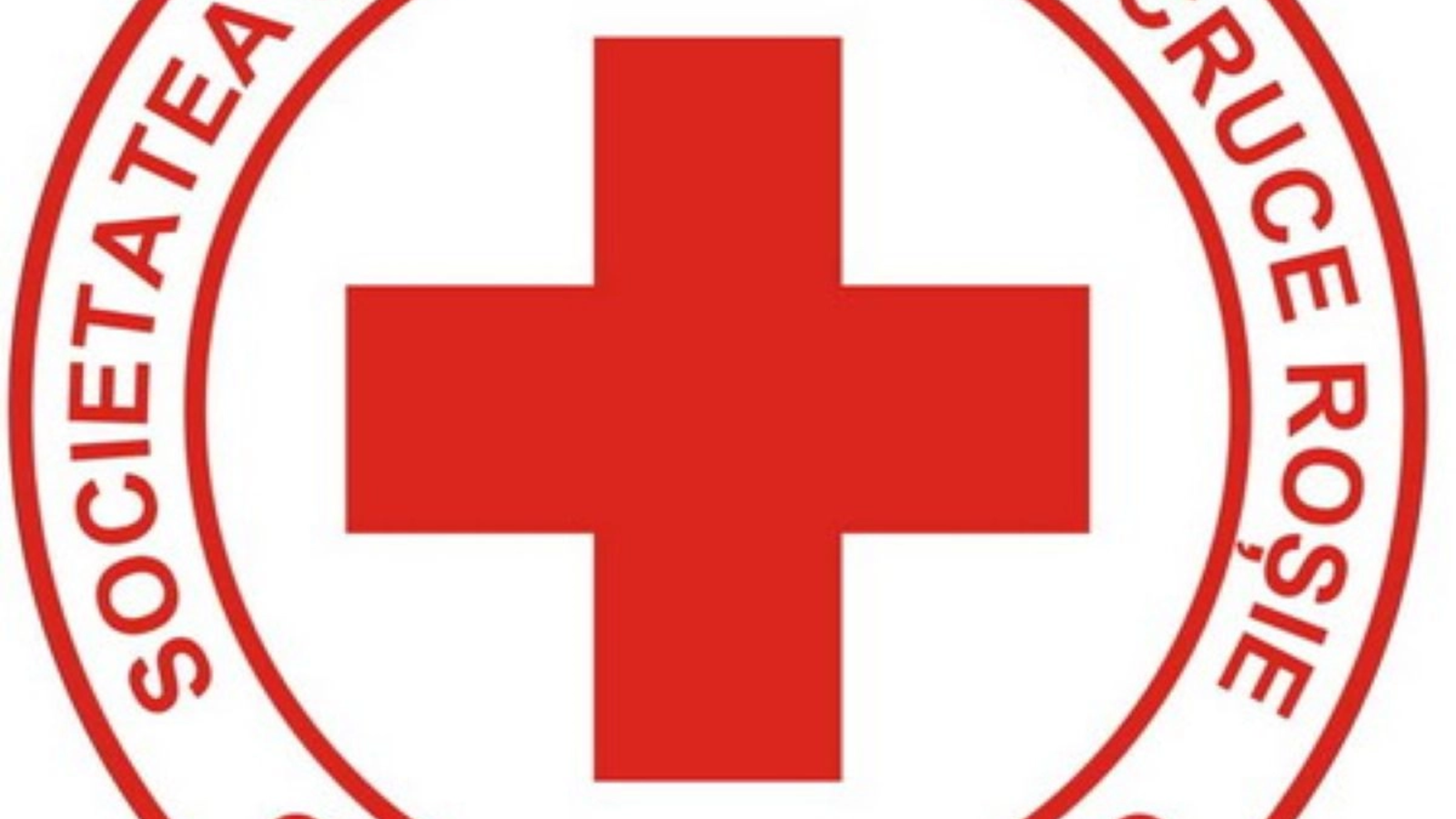
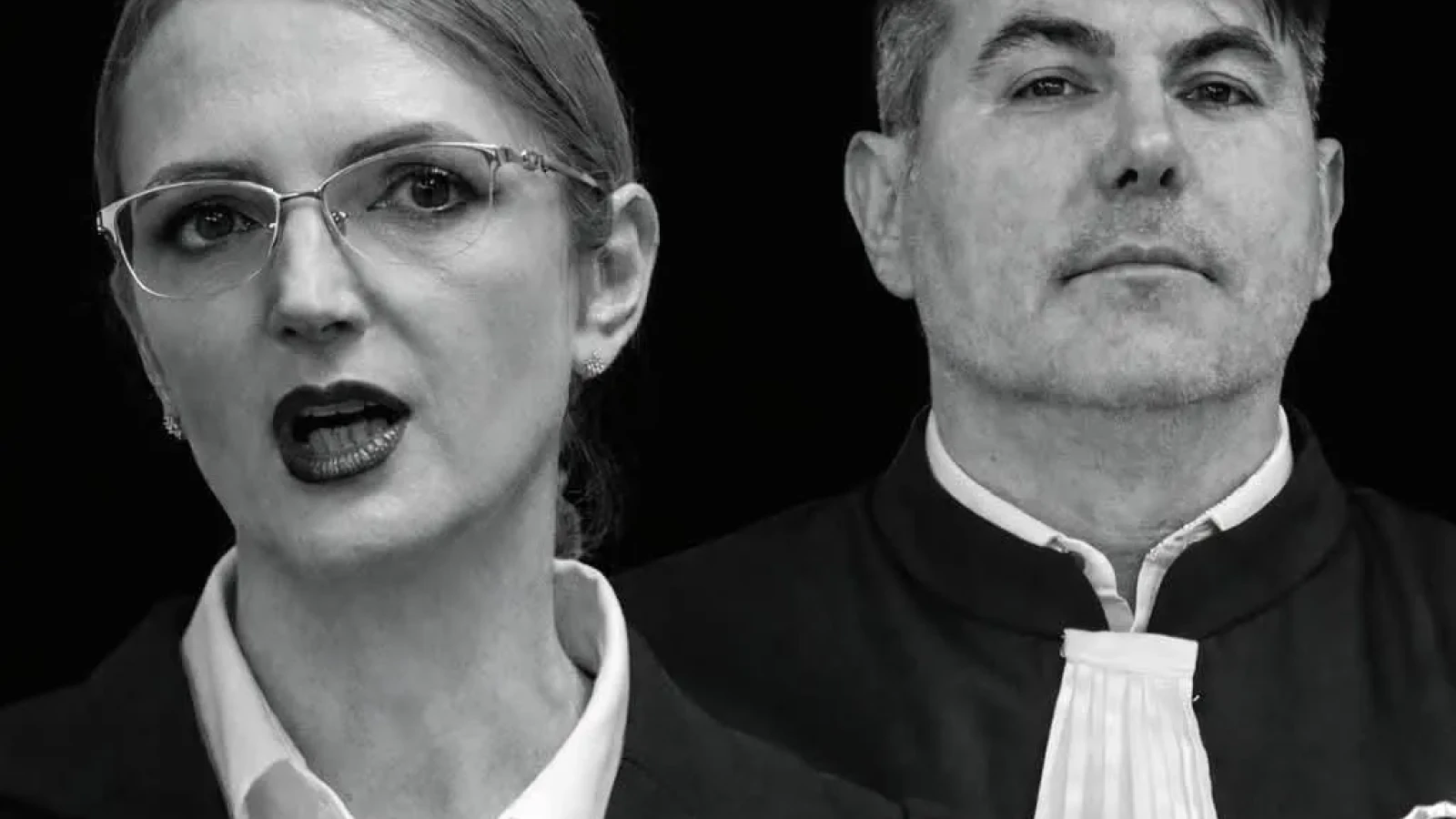


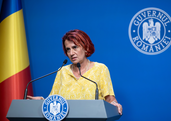
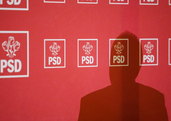



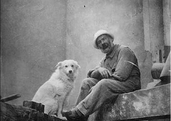

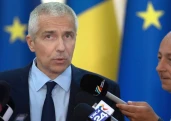

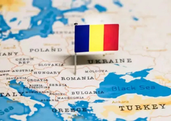






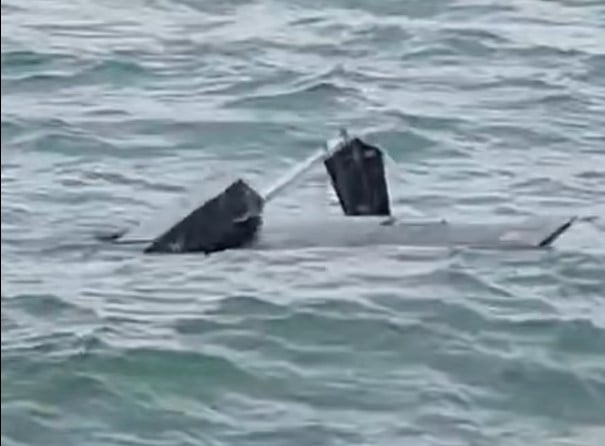
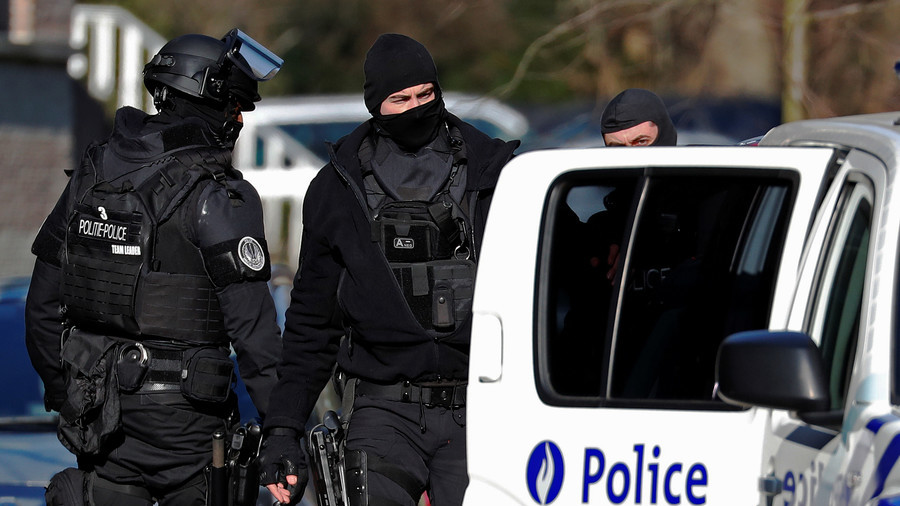
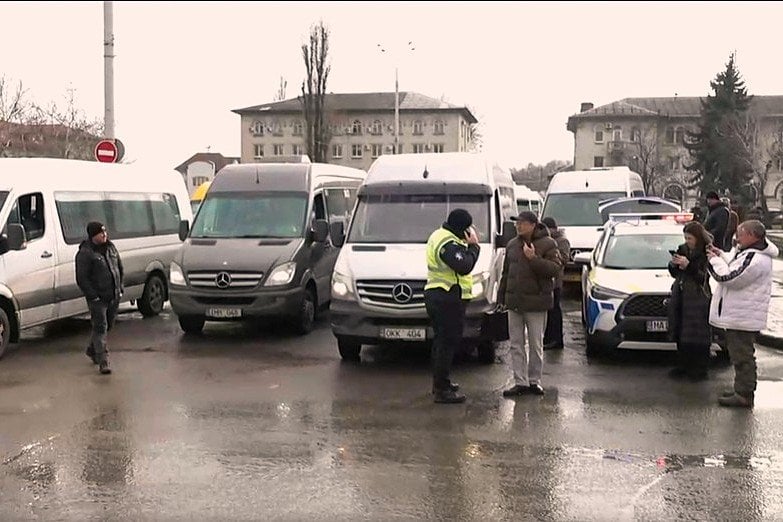








Comentează